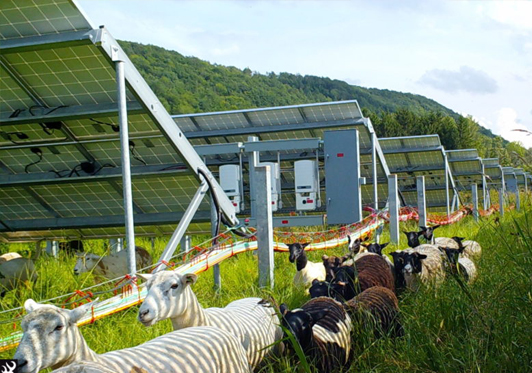By 2030, utility-scale solar installations could cover almost 2 million acres of land in the United States. Traditional solar development would monopolize this land for just one use: energy production.
On the other hand, low-impact solar development might improve soil health, retain water, nurture native species, produce food, and provide even lower-cost energy to local communities.
Perhaps most importantly, low-impact solar development can make solar projects more responsive to the priorities and concerns of local communities.
Lee's plant farms Inc. has been a central Ky agriculture operation for over 35 years with vast experience in horticulture and developing regenerative agriculture techniques.
Adding regenerative agriculture practices with agrivoltaics techniques can multiply positive Environmental effects.
Lee's plant farms Inc. has the capabilities to partner with many organizations, universities, nonprofits, and local farmers to offer solar site contract maintenance through grazing, mowing plant harvest, and wildlife benefits and many communities' agricultural projects developed especially for your site and soils.
Exploring low-impact solar development offers community and environmental benefits, builds agriculture benefits in harmony with solar, and uses micro-climates created by solar to sequester carbon. It provides opportunities for young people, benefits wildlife, and increases actual farmland output.
Lee's Plant farm answers some of solar's most prominent opponents by putting together long-term plans answering the most common complaints such as;
